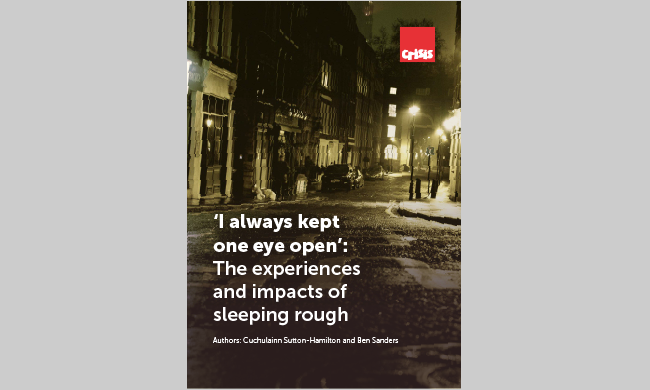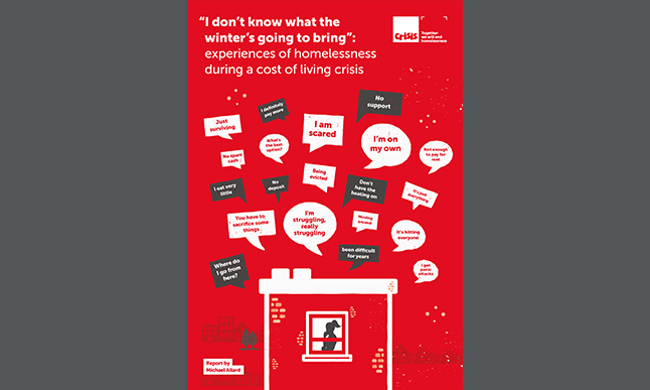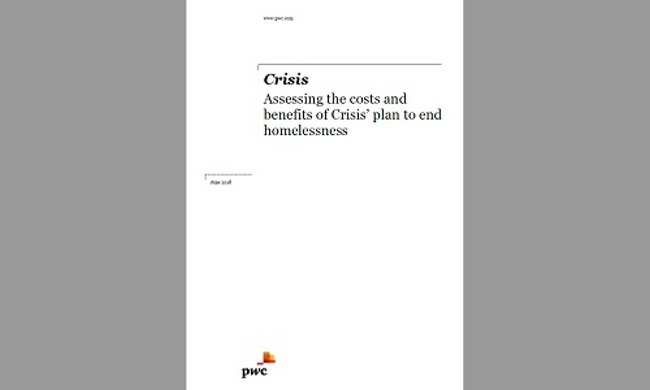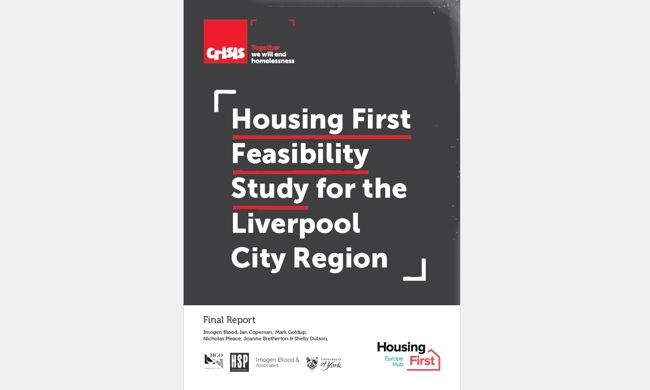Research shows that effective early interventions reduce the personal and financial cost of homelessness.
If 40,000 people were prevented from becoming homeless for one year in England it would save the public purse £370 million. In 2012 the cost of homelessness in England was reported as being up to £1 billion (gross) a year.
Comparative research in the USA and Australia shows that the cost of preventing and solving homelessness is less than the cost of doing nothing at all.
Cost of rough sleeping for 12 months (£20,128) vs cost of successful intervention (£1,426) (At What Cost, 2015)
The cost of a single person sleeping rough in the UK for 12 months is estimated at £20,128.
Homelessness also has a human cost. The distress of lacking a settled home can cause or intensify social isolation, create barriers to education, training and paid work and undermine mental and physical health. When homelessness becomes prolonged, or is repeatedly experienced, there are further deteriorations in health and well-being. (At What Cost, 2015 and Better than cure? 2016). Find out more about the impacts of homelessness.
There is international concern, both in Europe and North America, that sustained and repeated homelessness has significant impacts on public expenditure. Costs for health care systems, including mental health services and emergency services at hospitals are high, as are many costs for the criminal justice system.
Evidence shows that people who experience homelessness for three months or longer cost on average £4,298 per person to NHS services, £2,099 per person for mental health services and £11,991 per person in contact with the criminal justice system. (Better than cure? 2016)
Data merging in Scotland has indicated that NHS service use is 24 per cent higher among homeless people in Scotland and previous research as suggested that homelessness increases reoffending rates (among people with criminal records) by 20 per cent.
The likely cost of temporary accommodation across London in 2014/15 was close to £663m (Temporary Accommodation in London: Local Authorities under pressure, 2016)
Housing people in temporary accommodation rather than stable suitable accommodation is also costly. A study in London showed that temporary accommodation costs were close to £663 million in 2014/15.

Rough sleeping, the most visible form of homelessness, is increasing and shockingly more and more...
View more
This report is based on focus groups with people with experience of homelessness in six areas across Scotland. It explores their experiences of housing crisis and what was (or was not) done to prevent them from becoming homeless.
View more
As the cost of living soared in Britain in 2022, Crisis wanted to assess what impact this was hav...
View more
Crisis commissioned PricewaterhouseCoopers LLP (“PwC”) to estimate the expected costs and benefits of achieving its plan through the different combinations of interventions (solutions) which Crisis has identified are necessary to address and prevent homelessness.
View more
This plan outlines the evidence-based solutions that can end homelessness in Great Britain, built round the belief that everyone should have – and is ready for – a safe, stable place to live.
View more
Feasibility of implementing Housing First at scale within the Liverpool City Region
View more
Testing the case for enhancing prevention of single homelessness in England.
View more
An estimation of the financial costs of single homelessness in the UK.
View more